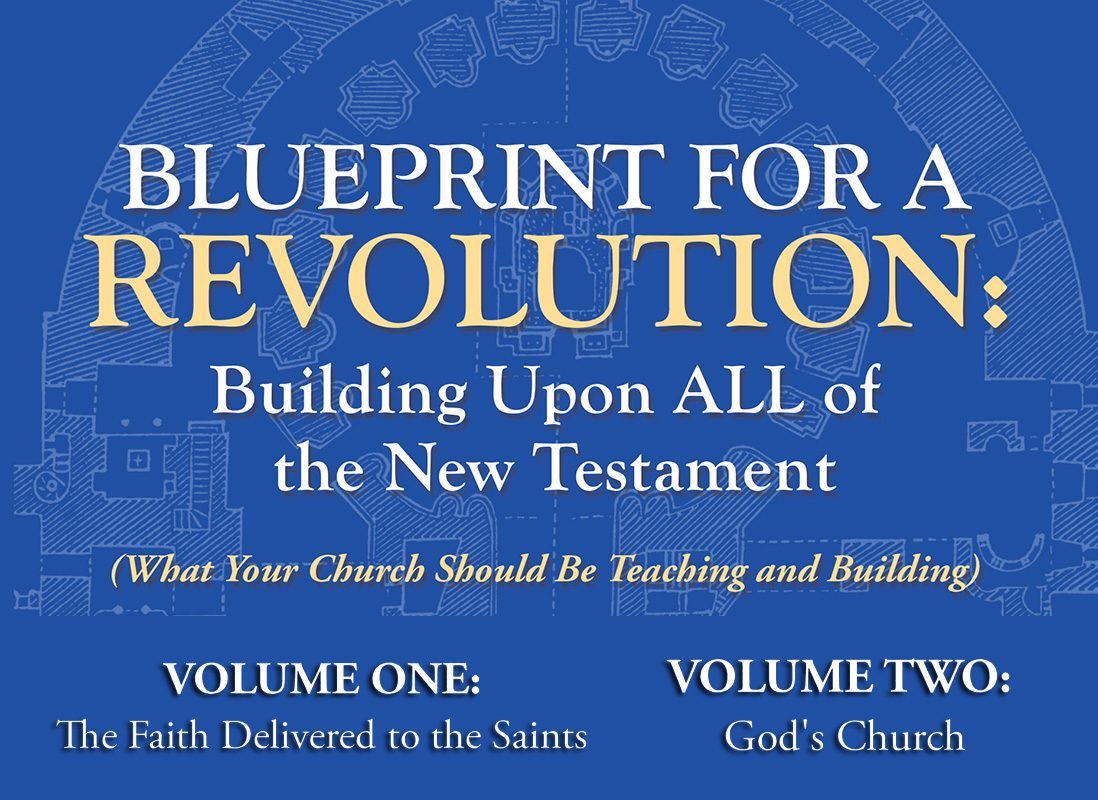About the Author
Reed K. Merino, B.A., M. Div. is a fifth-generation Californian, who in 1945 at age four, got immersed into the culture shock of moving from the small farming town of Lompoc to Brooklyn at the end of World War II, spending most of the rest of his life in and around New York City and Philadelphia. With Ann, his wife since 1963, he is now retired in Tucson, Arizona, where there is no snow, and cabs do not delight in frightening pedestrians! He owes her a great debt of gratitude for typing the hundreds of pages of these volumes!
In 1958, he received a Congressional appointment to the U.S. Merchant Marine Academy at Kings Point, New York, studying Nautical Science and Marine Engineering, preparing for a career at sea. Part of their training is to spend a year at sea working onboard various ships. It was during this year that God drew Him to Himself. He started that year as a typical superficial American teenager but became plunged into a world that was suffering the effects of the absence of the spirit and teachings of God’s Son: the drunkenness and sexual promiscuity of shipboard culture, horrible poverty in Haiti, bloody and destructive revolution in the Belgian Congo (where he was almost murdered by revolutionaries), and the cultural and racial injustice of apartheid, the South African brutal form of segregation. It was then that he began to think about the effects of so many supposed “Christians” and their churches being active in, or acquiescing to, such hypocritical actions. By the end of that year, he was drawn to enter the ministry.
Seminary required a liberal arts degree, so he left the Academy after three years and obtained a full scholarship to Lycoming College, where he majored in history with the equivalent of minors in literature, religion and psychology. It was during that time that his desire began to see Christians uniting, fulfill Jesus’s prayer, “that they may be one, even as we are one” (John 17:22). During that time at college, he became an Episcopalian, thinking that it was more representative of apostolic Christianity. After three years, he obtained his bachelor’s degree (with honors), and was accepted to attend the Episcopal Church’s Philadelphia Divinity School, where he focused upon Biblical and ancient Church history studies. He graduated first in his class, with awards in Biblical Studies and Patristics. He was ordained an Episcopal priest in 1968.
After several years of parish ministry, he obtained a full scholarship from the Episcopal Church Foundation and was accepted into the Ph.D program at Fordham University, studying in its new “Religions of India, China and Japan” program. After three years, he finished the course work for the Ph.D, but decided to return to parish ministry. It was in 1973 that he began studying and taking notes for what would ultimately become, almost fifty years later, these two volumes of Blueprint For A Revolution: Building Upon ALL Of The New Testament. These volumes are the fulfillment of his yearning about how Christians can unite together in the restoration of the same divine Kingdom of God movement that Jesus and His apostles created on earth. May you be as blessed in reading it as He was in writing it!
